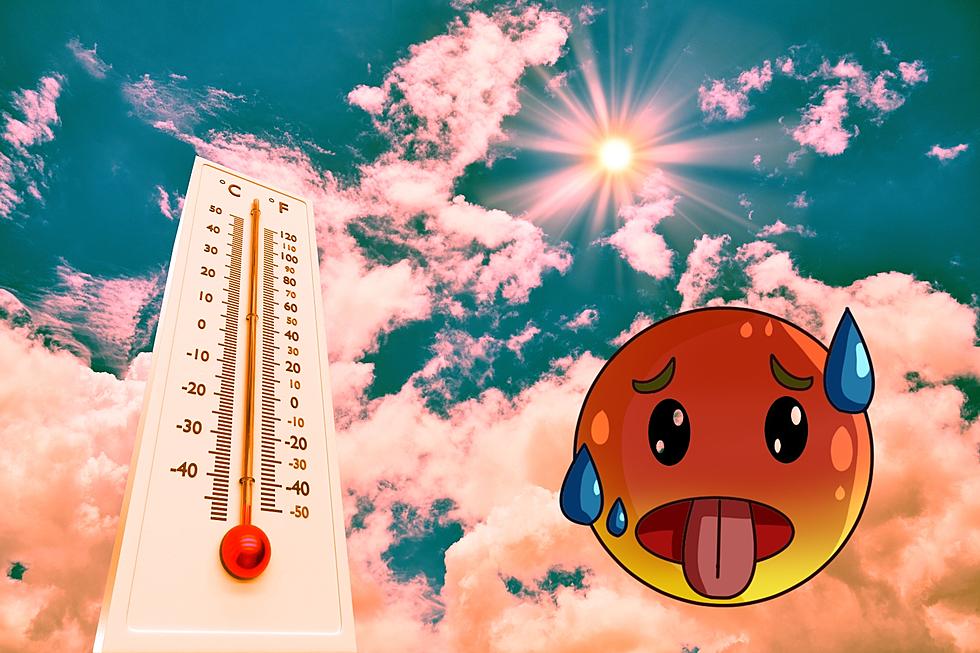
Will Michigan Really See Temps in the 100s Next Week?
Just because Labor Day weekend is here, doesn't mean summer is over just yet. However, the last day of summer isn't until September 23rd. So we still have plenty of time to experience another Michigan heat wave courtesy of Mother Nature
There's been a lot of chatter this week about how we're going to see temps anywhere from 100 to 105 next week in parts of Michigan. Come on, really?
Just the other day, I could hear people outside my office talking about how it was going to be in the 100s next week. When I got home from work, my wife told me, "You hear it's going to be like 105 degrees next week?"
Will Michigan Really See Temperatures in the 100s Next Week??
While it's definitely going to heat up next week, it's unlikely that we'll exceed 100 degrees. According to the Weather Channel, we should only top out at 92 degrees in Genesee County. Other parts of Michigan could climb to 95 degrees.
Why do people keep saying that Michigan will see temps in the 100s next week?
Meteorologist Mark Torregrossa from MLive believes the Apple Phone weather app uses the straight output from a model called the GFS (Global Forecast System) Model.
Mark Torregrossa:
It’s a decent model for one day to four days out in the future. It’s an OK model for day five and day six. It’s no good after six days, especially on temperature forecasting.
He said sometimes you just have to laugh at the model data.
The GFS has 100 or 101 degrees across southern Lower Michigan on Sunday. That won’t happen, either. 104 degrees in Alpena and Tawas on Sunday? No way.
So, yes it's going to be hot in Michigan early next week, but it's not going to hit 105 degrees.
These Weather Memes Are Pure Michigan
LOOK: The most expensive weather and climate disasters in recent decades
KEEP READING: Get answers to 51 of the most frequently asked weather questions...
More From Banana 101.5









